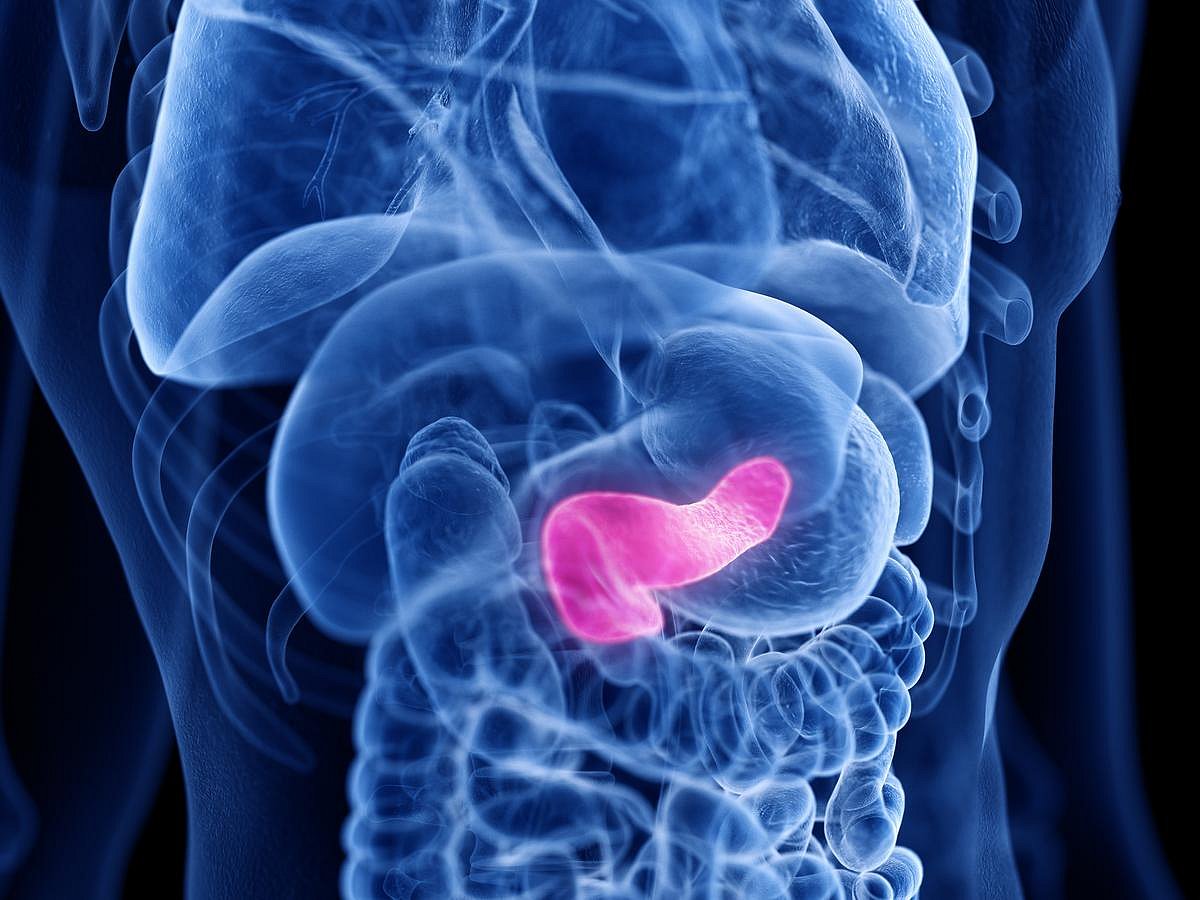Get Healthy!

- Dennis Thompson
- Posted October 30, 2024
What You Don't Know About Pancreatic Cancer Could Harm You
Pancreatic cancer rates are rising in adults younger than 50, but many continue to believe it’s a disease that only affects the elderly, a new survey shows.
Folks in that age range also say they wouldn’t be able to identify early signs and symptoms of pancreatic cancer, and that there’s nothing to do to reduce their risk.
“Pancreatic cancer rates have been rising by about 1% annually, and we are seeing this disease in people who are in their 40s much more regularly,” said researcher Zobeida Cruz-Monserrate, co-leader of Carcinogenesis and Chemoprevention Program at the Ohio State University Comprehensive Cancer Program. “This is a concerning trend, and one for which research is needed to learn why."
The survey involved 1,004 people polled in early October.
A third (33%) of adults under 50 believed that only seniors are at risk of developing the cancer, the poll results showed.
And more than half (53%) said they wouldn’t recognize symptoms of pancreatic cancer, the survey found.
About 37% said there’s nothing they can do to change their risk of pancreatic cancer -- which isn’t true, Cruz-Monserrate said.
Dropping some pounds can lower one’s risk, for a start. Obesity increases a person’s lifetime risk of pancreatic cancer by 20%, the researchers noted.
At the same time, only 1 in 10 pancreatic cancers are linked to genetics.
“You can’t change your genes, but you can change your lifestyle. For most people obesity is within someone’s power to change. It also increases a person’s risk for type 2 diabetes, other cancers and cardiovascular disease,” Cruz-Monserrate said in a university news release.
People can also reduce their risk of pancreatic cancer by cutting back or cutting out alcohol consumption, exercising regularly and eating a plant-based diet with limited red or processed meat.
Researchers are looking for ways to screen for early signs of pancreatic cancer, which is known as a “silent killer” because early symptoms can be vague and hard to recognize.
Symptoms of pancreatic cancer include fatigue, physical weakness, jaundice, weight loss, poor appetite and abdominal pain, according to the American Cancer Society.
“This disease is too often a silent killer, with no symptoms until it has progressed to less treatable stages. We must continue to aggressively pursue research that will help us prevent, diagnose and treat this disease more effectively,” Cruz-Monserrate said.
More information
The American Cancer Society has more on signs and symptoms of pancreatic cancer.
SOURCE: Ohio State University, news release, Oct. 30, 2024





